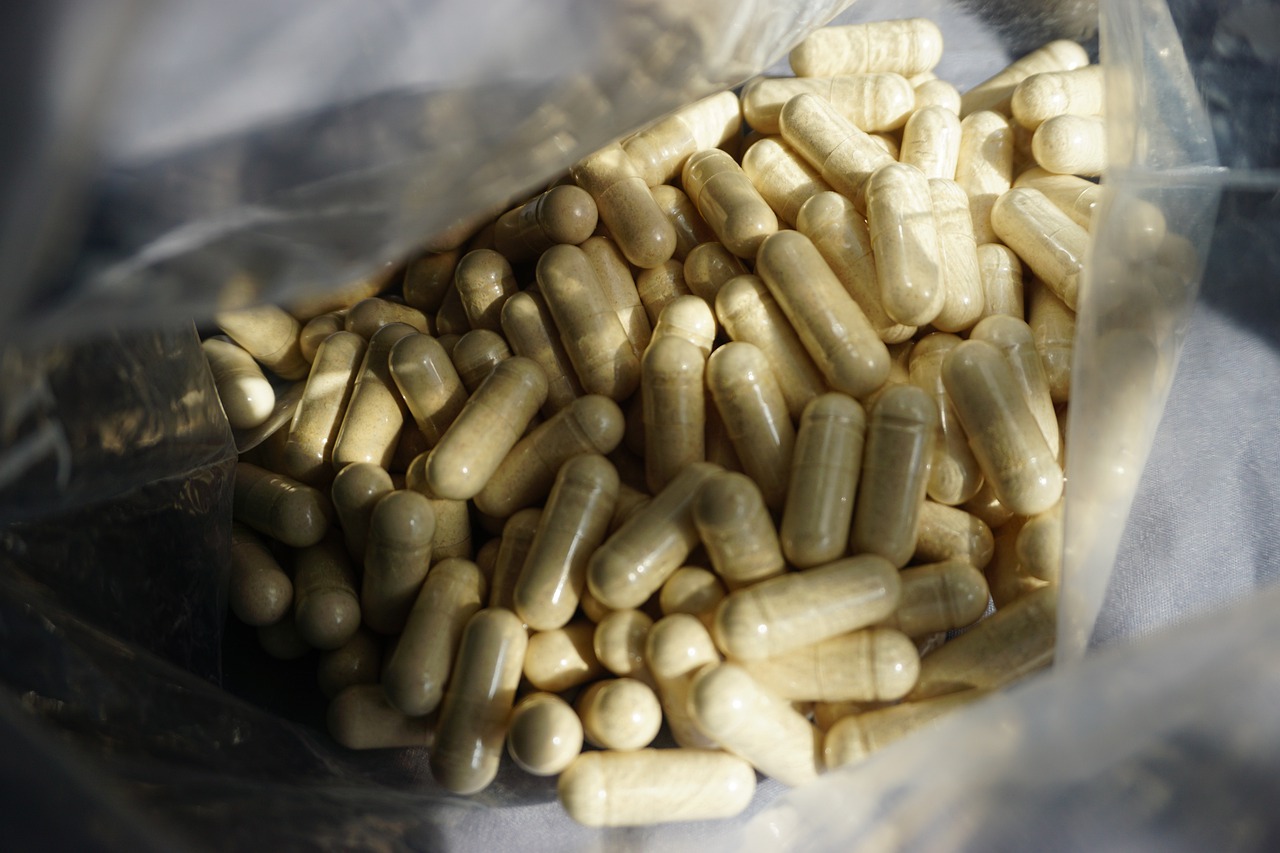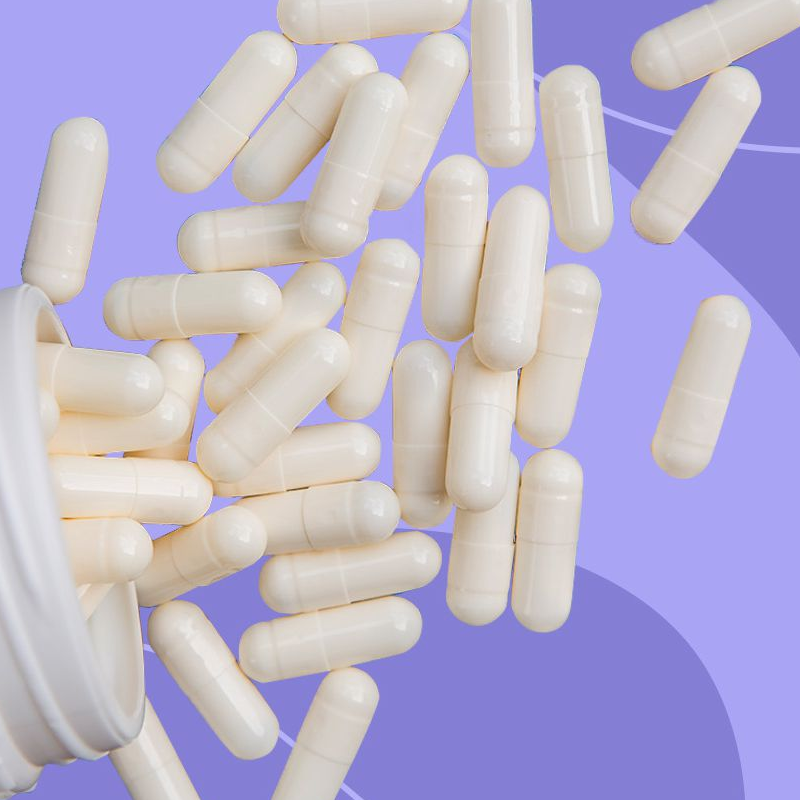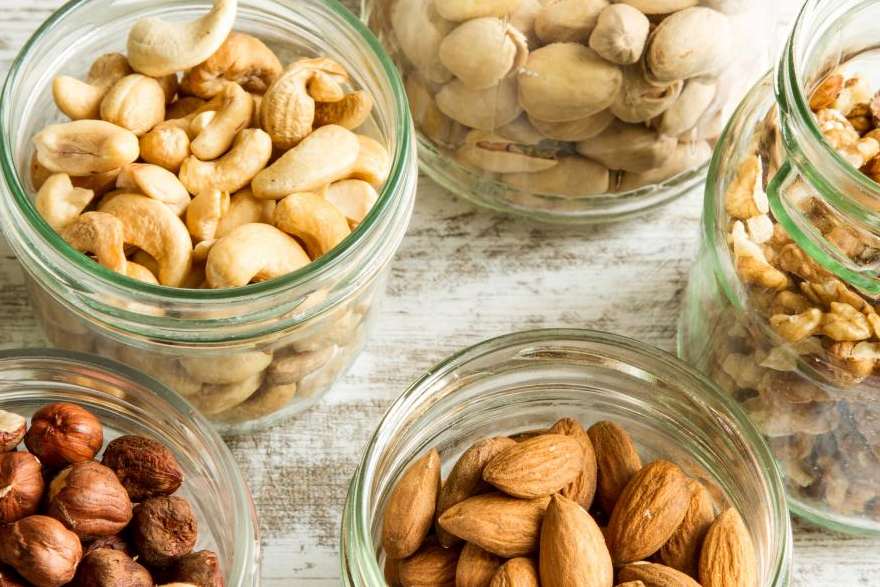Loading..
Loading..
123/A, Miranda City Likaoli Prikano, Dope
+0989 7876 9865 9
+(090) 8765 86543 85
A new analysis reviewing available research study recommends that non-prescription zinc supplements might be one way to make cold and influenza season a bit easier. Naturally, this isn't the very first research study to check out zinc as an antiviral solution, including for COVID-19. However the results of previous research have been mixed at best: some studies find modest benefit, others find no advantage, and the quality of the research has been low. Likewise, some individuals experience irritating negative effects from zinc, such as upset stomach, nausea, and in many cases, loss of the sense of odor.
Released in November 2021 in BMJ Open, the research study takes a look at zinc for avoiding or dealing with colds and flulike health problem. The scientists evaluated more than 1,300 previous studies and narrowed the analysis to 28 well-designed trials, which included more than 5,000 study topics.

Here's what they discovered:
For preventing colds and flu-like illness:
Compared with placebo, zinc supplements or nasal spray zinc are associated with fewer upper respiratory tract infections. The estimated result was modest: about one infection was avoided for every 20 people utilizing zinc. The strength of the proof for these findings is thought about low. A few research studies suggest preventive impacts were biggest for decreasing serious symptoms, such as fever and flulike illness. It's worth noting that the studies didn't validate whether individuals had flu infections. Small studies of intentional exposure to cold virus discovered that zinc did not avoid colds.For dealing with colds and flulike health problem:
Compared with placebo, those who took zinc had symptoms disappear about two days faster. The study estimated that of 100 people with upper breathing infections, an extra 19 individuals would have totally recovered by day 7 due to zinc treatment.

The strength of the proof for these findings is thought about low. Some procedures of sign seriousness were lower for those treated with zinc (versus placebo): on day three of the infection, those taking zinc had milder signs. Further, there was an 87% lower danger of extreme symptoms amongst those taking zinc. Nevertheless, the daily average sign seriousness was comparable between those taking zinc and those taking placebo. The information quality and certainty of these findings were low to moderate.
While these findings suggest promise in the capability of zinc to avoid or temper cold and flulike illness, here are other points to consider:
Side effects happened regularly in those taking zinc (versus placebo), including nausea and mouth or nose irritation. Luckily, none were serious. However they might be irritating enough for some individuals to stop using zinc.

Expense. Zinc supplements are normally low-cost. A day-to-day dose of zinc lozenges for a month might cost less than $2/month (though I likewise discovered certain brands for sale online for as much as $75/month). Zinc shortage. Study topics either had regular zinc levels or were otherwise thought about unlikely to be zinc lacking. There's a huge difference in between taking a zinc supplement to avoid or treat respiratory infections and taking it due to the fact that your body does not have enough of the mineral. Zinc shortage is most likely amongst people with poor nutrition or gastrointestinal conditions that hinder mineral absorption; they require supplementation to prevent serious problems such as impaired immune function and poor wound healing. Various doses or types. Additional research is required to identify the very best method to take zinc. COVID-19. None of the studies in this analysis examined the effect of zinc supplements on SARS-CoV-2, so these conclusions do not apply to COVID-19.

Maybe this new analysis will persuade you to take zinc this winter season. Or maybe you're still hesitant. In any case, do not forget tried and real preventive measures and treatments during cold and influenza season, including these:
Get an influenza shot. Wash your hands regularly. Avoid contact. maintain physical range, and wear a mask around individuals who are sick. Get lots of sleep. Pick a healthy diet plan.If you do get ill:
Stay home if possible. Use a mask if you can't avoid contact with others. Drink lots of fluids. Take non-prescription cold and influenza solutions to lower signs. Contact your medical professional if you have symptoms of the flu; early treatment can shorten the duration of the health problem. In addition, other conditions (specifically COVID-19) should be ruled out.Much of the measures suggested for cold and flu season overlap with those recommended to prevent or treat COVID-19.

Colds and flulike diseases afflict millions every winter season. You may feel as though it's inescapable you'll be among them. But you may have the ability to spare yourself the misery by following simple, safe, and common-sense steps. As proof mounts in its favor, maybe these measures must include zinc.
When it comes to me, I remain steadfastly on the fence. But it would not take much-- possibly another big, well-designed, randomized controlled trial-- to push me onto the zinc bandwagon.